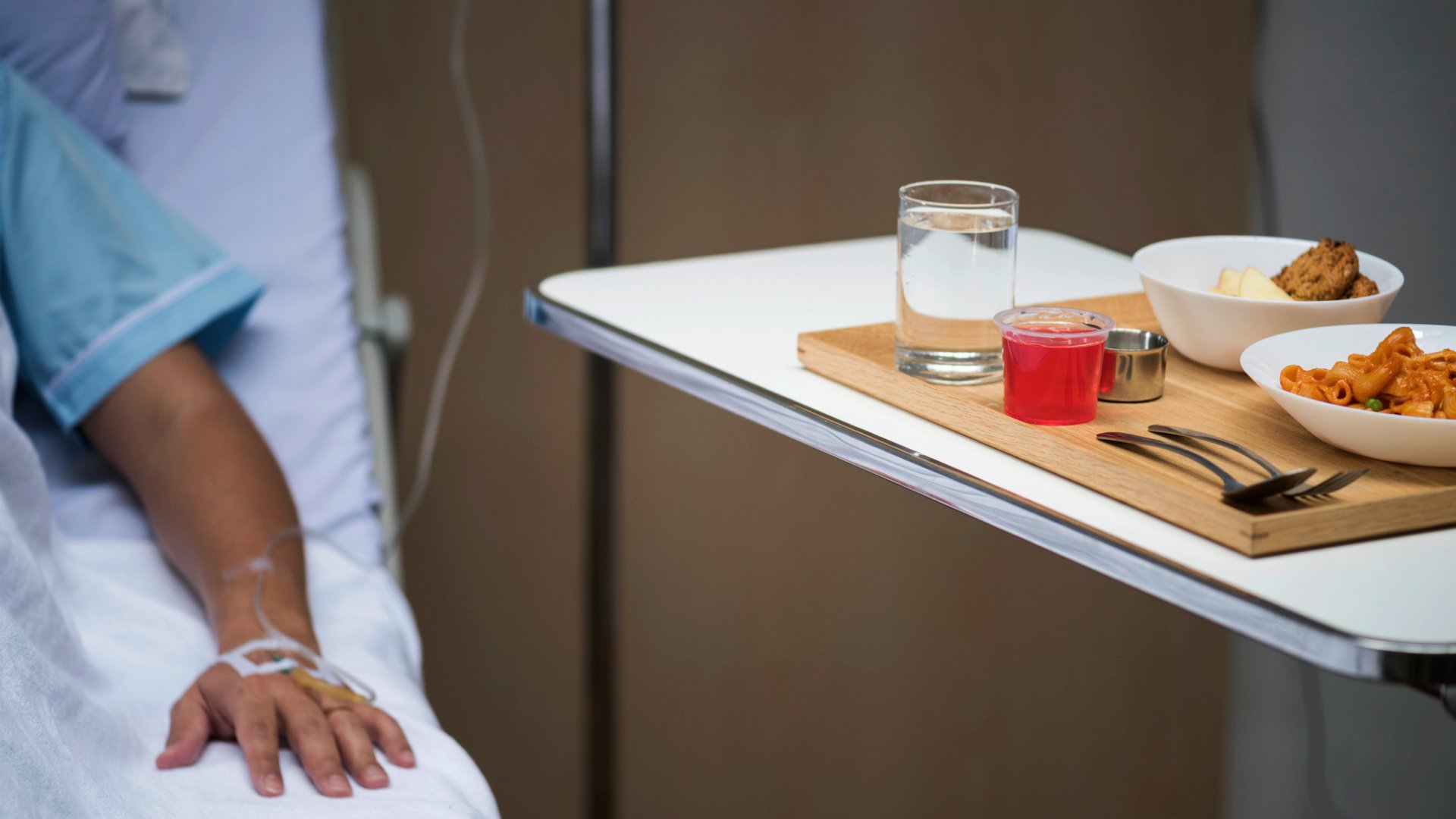With better diagnosis and treatment, we can improve the quality of life for people with food allergies. The National Board of Health and Welfare is now presenting its analysis of the needs for new knowledge and additional measures.
In 2021, 24,000 people with a major and minor diagnosis of food allergy were treated in specialized outpatient and inpatient care. This has doubled since 2011. As for people treated for anaphylaxis, that is, anaphylactic shock caused by an adverse reaction to food, the numbers have remained unchanged over the past decade: between 6 and 7 people per 100,000 inhabitants.
Diagnosis and treatment must be improved so that anxiety about foods causing different symptoms can be reduced and quality of life can be improved for both children and adults with food allergies. In order to achieve better and more equitable care across the country, the healthcare system needs more knowledge of food allergies, says Marianne Agestam, project director at the National Board of Health and Welfare.
Proposal for an overview of national knowledge and strategy
The National Board of Health and Welfare suggests that the SBU, the state’s preparation for medical and social assessment, produce a systematic knowledge overview of existing evidence targeted to the profession on how health care can prevent, diagnose and treat food allergies. Next, the National Council for Health and Welfare proposes to develop cognitive support for decision makers as support for setting priorities in food allergy care.
In addition, the National Board of Health and Welfare and the Swedish Food Agency propose a national allergy plan or strategy. It should contain a description of the distribution of responsibilities, coordination, objectives and follow-up. For people with food allergies to get better, the strategy should include:
-
Safe Foods – It is made accessible to professional groups and the general public by knowing the risks of allergens in food production and when served in restaurants, at school and at leisure.
-
Preventive Measures – Efforts to promote early introduction of children to different foods without undue fear of allergy.
-
Good and Equal Care – Comprehensive cognitive support for the entire continuum of care.
about government assignment
In August 2022, the government commissioned the National Board of Health and Welfare and the Swedish Food Agency to conduct a preliminary study to develop preventive action in the field of allergy, as well as to promote equal care in the field. The conclusions are presented in the Swedish Food Agency and the National Board of Health and Welfare’s report to the government.
is reading Press release from the Swedish Food Agency

“Extreme tv maven. Beer fanatic. Friendly bacon fan. Communicator. Wannabe travel expert.”





More Stories
Many Seniors Are Malnourished – But It Doesn't Have to Be This Way
“A lot happened during the trip,” Jönköping County Council
New gel could ease pain after herniated disc